A decline in wildlife is threatening core functions of the ecosystem that are vital for human wellbeing, researchers behind an unprecedented study of biodiversity in the UK have warned.
Climate change and habitat loss are leading to a reduction in biodiversity, with species that act as pollinators and natural pest controls most at risk, the study in the journal Nature Communications shows.
Hedgehogs, hoverflies, moths and birds are among the groups in most serious decline, with individual species under particular threat including the common red ant, red shanked carder bee and the common banded hoverfly.
The findings are based on what is believed to be the biggest analysis of British wildlife ever conducted, with researchers from the University of Reading and the Centre for Ecology and Hydrology looking at records covering 4,424 species, collected between 1970 and 2009.
Wildlife, trees and plants were analysed according to five functions they performed in the ecosystem: pollination, pest control, decomposition, carbon sequestration and species often recognised as being of cultural value, which included species such as birds, butterflies and bees.
Among species considered pollinators – such as bees, moths and hoverflies – 28% are in decline, while 16% of those that act as natural pest controllers, such as ants and ground beetles, have witnessed significant losses.
Although some native species are increasing, along with some new species that have appeared in the UK, they do not offset the losses caused by the drop in wildlife performing the functions of pollination and pest control.
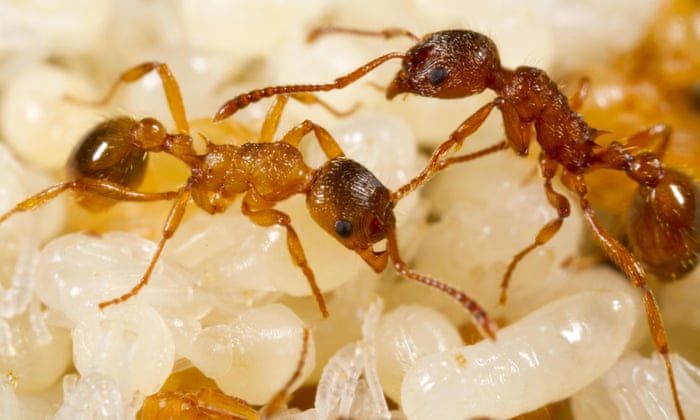
Dr Tom Oliver, an ecologist at the University of Reading who led the study, told the Guardian that continued losses among wildlife performing those functions would lead to significant rises in the price of food, with some food groups likely to become unavailable.Advertisement
“Under current trends we are moving towards the loss of species and the ecosystem functions that are vital for human wellbeing, especially pollination and pest control,” he said.
“We need insects to pollinate our crops – we can’t do it by hand – and if we lose natural pest controls, less food will be available. If we lose those functions, the crops we eat won’t be able to be pollinated so the price of food would go hugely up and certain foods we wouldn’t be able to eat such as fruits including strawberries, raspberries and apples.”
Species that support decomposition, carbon sequestration and that are considered to be of cultural value are at less risk, with 8%, 10% and 14% in those respective groups in decline. And some species such as the silver birch tree and the large black ant have shown significant rises.
But Oliver warned that further declines in biodiversity across all five functions driven by intensive farming and urbanisation could lead to “potentially catastrophic and irreversible impacts on human wellbeing”.
“Climate change would be much more rapid, we would struggle to find food and would be knee deep in waste. We can either carry on the trajectory we are on and face huge costs in the future and potentially catastrophic impacts on human wellbeing, or we can pay costs now to mitigate those impacts,” he said.
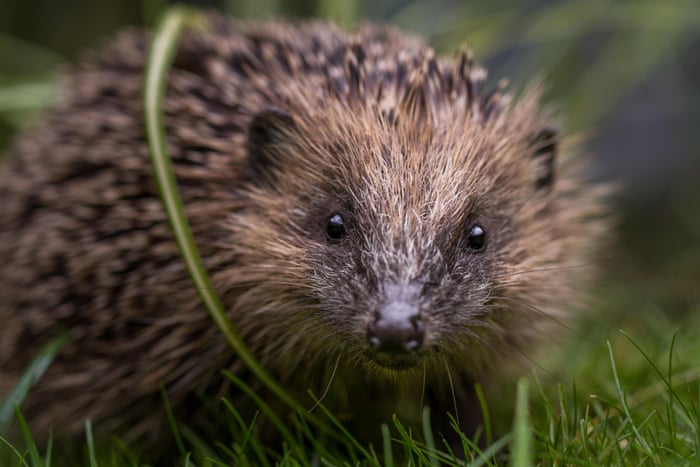
The research builds upon on evidence collected in the 2013 landmark State of Nature report, which analysed fewer species but over a longer period of time, revealing that most UK species are in decline and that one in 10 are at risk of extinction.Advertisement
Conservation organisations responded to the findings two months ago by calling on the government to produce a long-term strategy for how it will offset the impacts of decades of intensive farming and building on nature, including the effects on human health.
Paul Wilkinson from the Wildlife Trust, which helped to compile the State of Nature report, said: “This latest shocking barometer of the state of our natural environment highlights the urgent need to halt the loss of our precious wild heritage for its own sake, but also for our future prosperity and survival.
“Nature underpins our economy, health and wellbeing. The government has an opportunity, with its 25-year Plan for Nature to stop the loss of our wildlife and secure its recovery within a generation. It’s vital that we all hold it to this task.”
In order to mitigate the impact of decline in species, the government should introduce regulation to ringfence wildlife habitats from farming practices, or prevent the use of “the most harmful” pesticides, said Oliver.
But recent cuts to environmental budgets make the situation more challenging.
“The cuts are potentially very worrying, even under the previous level of funding we are already seeing historic documented biodiversity declines. With further cuts one can only imagine that the situation will get worse,” he said.
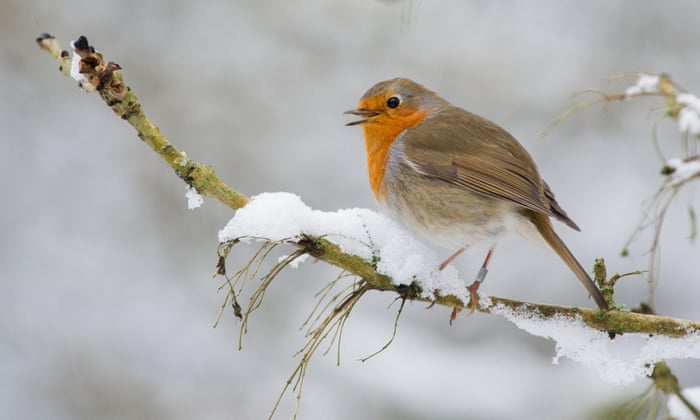
“The government needs to more adequately recognise the value of the natural environment and put it on a equal footing with other demands such as energy and transport and housing. Those things are very apparent in that we can see a lack of housing, but the potential consequences of the decline in biodiversity are hidden.”
The researchers believe the new study to be the most comprehensive of its kind in the world, made possible by data collected for nearly 40 years by thousands of trained volunteers.
This article was first published by The Guardian on 08 Dec 2015. Lead Image: The common banded hoverfly is among the species at ‘most risk’, according to one of the UK’s biggest wildlife studies. Photograph: John Bridges/University of Reading.

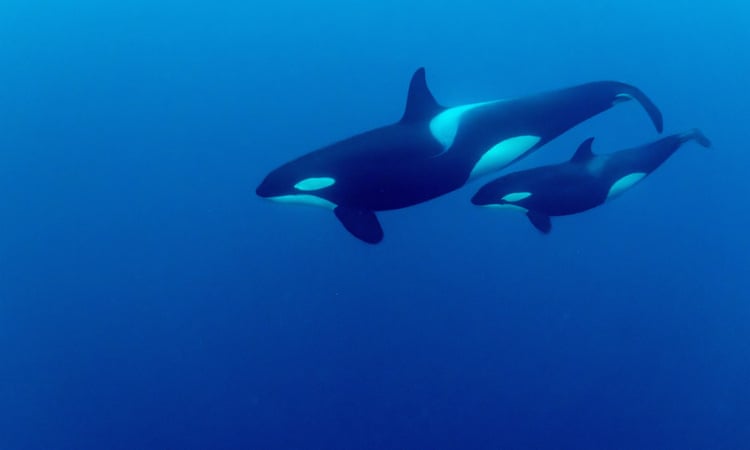


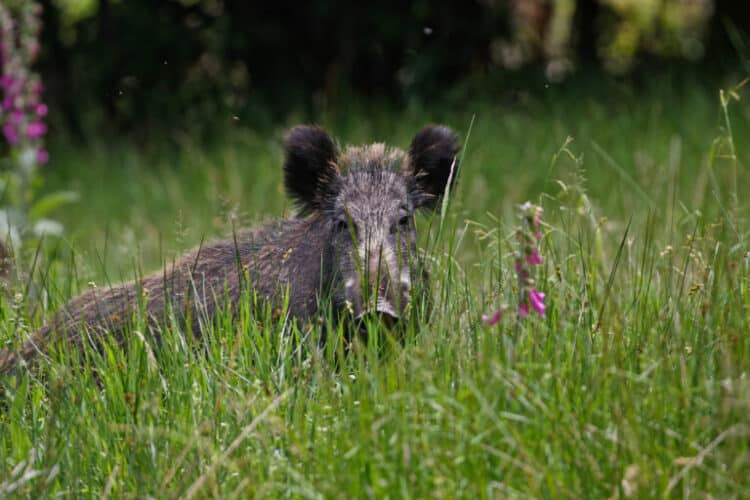

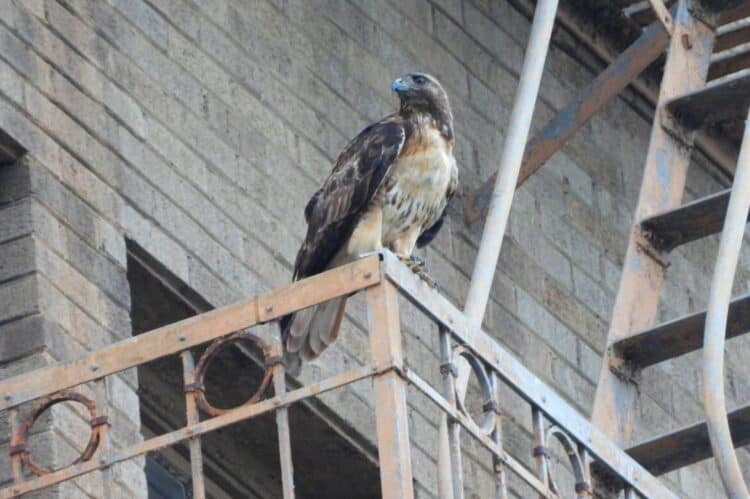
Leave a Reply